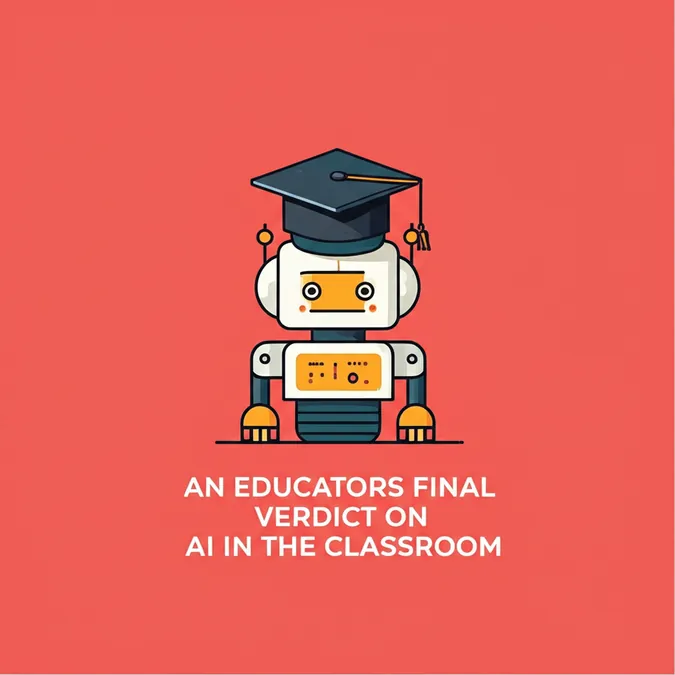Developer Offer
Try ImaginePro API with 50 Free Credits
Build and ship AI-powered visuals with Midjourney, Flux, and more — free credits refresh every month.
Tech Giants Challenge AI Safety Movement
A fierce debate has erupted online as prominent Silicon Valley figures take aim at the AI safety movement. Leaders from the White House and OpenAI have publicly questioned the motives of safety advocates, suggesting they are driven by self-interest or are puppets for billionaires. In response, AI safety groups argue these are coordinated intimidation tactics designed to silence criticism, highlighting a growing rift between the rapid commercialization of AI and the push for responsible regulation.
This controversy follows past tensions, such as when venture capital firms spread what The Brookings Institution called misleading rumors about California's SB 1047 AI safety bill. The fear of retaliation is palpable, with many nonprofit leaders speaking to reporters only on the condition of anonymity.
Silicon Valley Leaders Accuse Safety Groups of Ulterior Motives
The White House's AI & Crypto Czar, David Sacks, ignited the conversation with a post on X targeting Anthropic, an AI lab that has voiced concerns over AI's societal risks. Sacks accused the company of fear-mongering as part of a "sophisticated regulatory capture strategy" to benefit itself while stifling smaller startups. His comments were a direct response to a viral essay on AI fears by Anthropic co-founder Jack Clark.
Anthropic is running a sophisticated regulatory capture strategy based on fear-mongering. It is principally responsible for the state regulatory frenzy that is damaging the startup ecosystem. Link to Tweet
Sacks later added that Anthropic has positioned itself as an opponent of the Trump administration, questioning the sophistication of a strategy that would antagonize the federal government.
OpenAI's Legal Actions Spark Controversy
Adding to the tension, OpenAI's Chief Strategy Officer, Jason Kwon, defended the company's decision to subpoena AI safety nonprofits. In a post on X, Kwon explained the legal action was a response to Elon Musk's lawsuit against OpenAI. He noted that several organizations, including the nonprofit Encode, supported Musk's suit, which raised "transparency questions about who was funding them and whether there was any coordination."
There’s quite a lot more to the story than this. As everyone knows, we are actively defending against Elon in a lawsuit where he is trying to damage OpenAI for his own financial benefit. Encode...was one of several orgs that came out of nowhere to oppose our corporate structure change... This raised transparency questions about who was funding them and whether there was any coordination. Link to Tweet
According to NBC News, OpenAI sent broad subpoenas to seven nonprofits that had criticized the company. The move even caused a rift within OpenAI, with its head of mission alignment, Joshua Achiam, posting on X: "this doesn’t seem great."
AI Safety Advocates Allege Intimidation
Leaders in the AI safety community view these actions as a clear attempt to quash dissent. Brendan Steinhauser, CEO of the Alliance for Secure AI, told TechCrunch that OpenAI seems convinced of a Musk-led conspiracy, which he says is not the case. "On OpenAI’s part, this is meant to silence critics, to intimidate them, and to dissuade other nonprofits from doing the same," Steinhauser stated.
Sriram Krishnan, the White House’s senior policy advisor for AI, also weighed in, calling safety advocates out of touch in a social media post and urging them to talk to real-world users of AI.
The Broader Debate on AI Regulation and Public Perception
This public clash reflects a deeper industry tension. While a recent Pew study found about half of Americans are more concerned than excited about AI, their primary worries often revolve around immediate issues like job losses and deepfakes rather than the catastrophic risks that are a focus for many safety groups.
Addressing these concerns through regulation could slow the AI industry's rapid growth, a prospect that alarms many in Silicon Valley who see AI investment as a pillar of the economy. However, after years of largely unregulated development, the AI safety movement is gaining significant momentum. The aggressive pushback from tech leaders may be the clearest sign yet that the calls for accountability are starting to have a real impact.
For more on this topic, check out the discussion on the Equity podcast: Should AI do everything? OpenAI thinks so.
Compare Plans & Pricing
Find the plan that matches your workload and unlock full access to ImaginePro.
| Plan | Price | Highlights |
|---|---|---|
| Standard | $8 / month |
|
| Premium | $20 / month |
|
Need custom terms? Talk to us to tailor credits, rate limits, or deployment options.
View All Pricing Details

